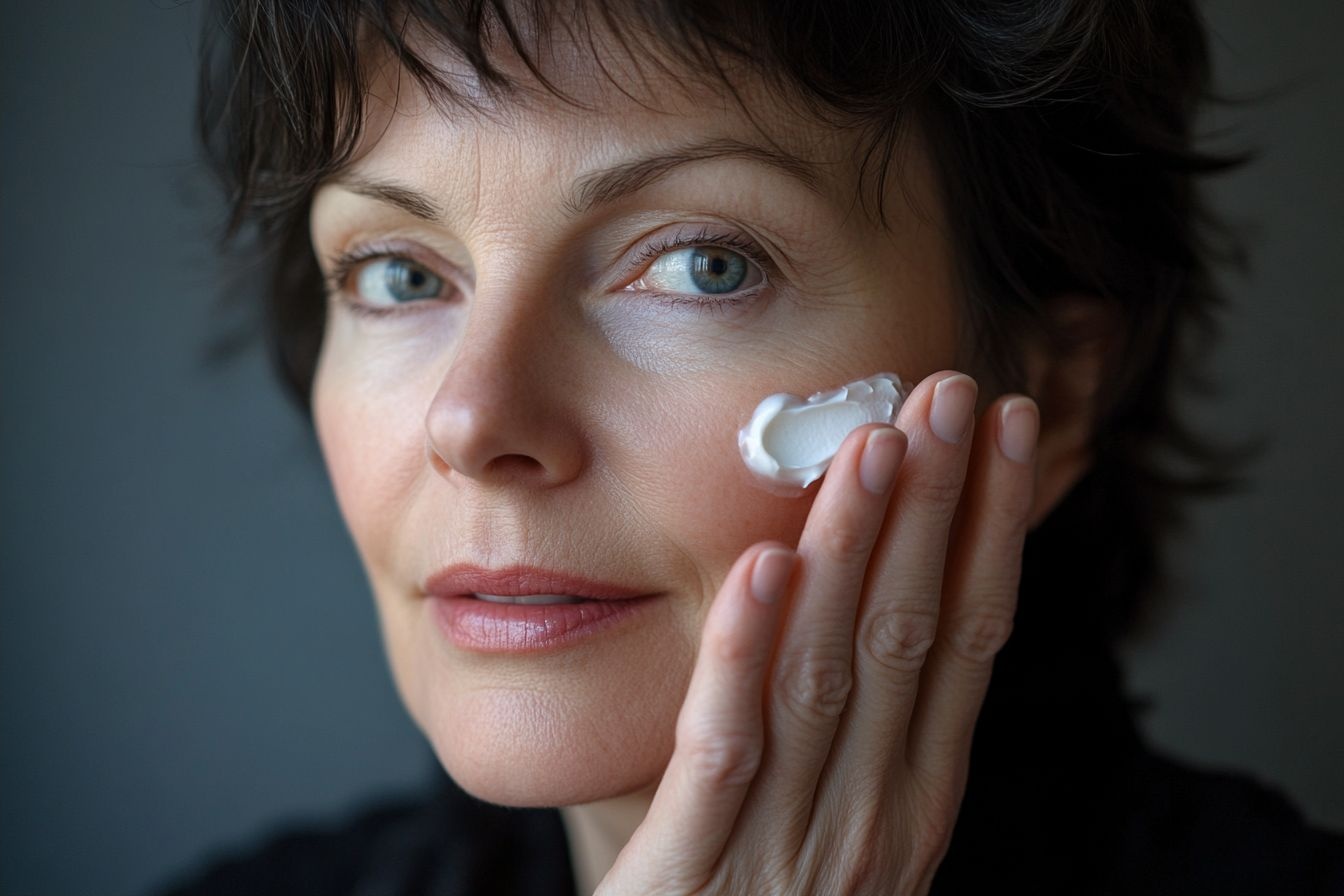The Science of Aging: Understanding and Combating Skin Changes
As we journey through life, our skin undergoes numerous changes, reflecting the passage of time and our experiences. The field of anti-aging research has made significant strides in recent years, offering insights into the biological processes behind skin aging and potential strategies to maintain a youthful appearance. This article delves into the science of aging, exploring the factors that contribute to skin changes and the latest approaches to combat visible signs of aging.

-
Collagen and elastin breakdown: As we age, our bodies produce less collagen and elastin, proteins that provide structure and elasticity to the skin.
-
Free radical damage: Exposure to UV radiation and pollutants generates free radicals, which can damage skin cells and accelerate the aging process.
-
Decreased cell turnover: The rate at which our skin cells renew themselves slows down with age, leading to a duller complexion and less efficient healing.
-
Loss of facial fat: The natural loss of facial fat that occurs with age can lead to sagging skin and a more hollow appearance.
-
Repetitive facial expressions: Over time, repeated facial movements can create permanent lines and wrinkles in the skin.
Understanding these factors is crucial in developing effective anti-aging strategies and maintaining healthy, youthful-looking skin.
How does lifestyle impact skin health and aging?
Our daily habits and lifestyle choices play a significant role in how our skin ages. Here are some key factors that can impact skin health and the aging process:
-
Sun exposure: Excessive sun exposure is one of the primary causes of premature skin aging. UV radiation can damage skin cells, break down collagen, and lead to the formation of age spots and wrinkles.
-
Diet: A balanced diet rich in antioxidants, vitamins, and minerals can help protect the skin from damage and support its natural repair processes.
-
Hydration: Proper hydration is essential for maintaining skin elasticity and promoting a healthy, plump appearance.
-
Sleep: Adequate sleep allows the body to repair and regenerate skin cells, contributing to a more youthful appearance.
-
Stress: Chronic stress can accelerate the aging process by increasing inflammation and free radical production in the body.
-
Smoking: Tobacco use can significantly accelerate skin aging by reducing blood flow to the skin and damaging collagen and elastin fibers.
By making positive lifestyle changes, such as protecting skin from sun damage, eating a nutrient-rich diet, and managing stress, individuals can significantly impact their skin’s health and appearance as they age.
What are effective anti-aging skincare ingredients and treatments?
The skincare industry has developed numerous ingredients and treatments aimed at combating the signs of aging. Some of the most effective and scientifically-backed options include:
-
Retinoids: Derivatives of vitamin A, retinoids can increase cell turnover, stimulate collagen production, and improve skin texture and tone.
-
Antioxidants: Ingredients like vitamin C, vitamin E, and green tea extract help protect the skin from free radical damage and can brighten the complexion.
-
Peptides: These small proteins can help stimulate collagen production and improve skin firmness.
-
Hyaluronic acid: This molecule helps attract and retain moisture in the skin, promoting a plump, hydrated appearance.
-
Alpha-hydroxy acids (AHAs): These exfoliating acids can improve skin texture, reduce fine lines, and promote cell turnover.
-
Sunscreen: Daily use of broad-spectrum sunscreen is one of the most effective ways to prevent premature skin aging.
In addition to topical treatments, various professional procedures can address signs of aging, including chemical peels, microdermabrasion, laser treatments, and injectable fillers. It’s important to consult with a dermatologist or skincare professional to determine the most appropriate treatments for individual skin concerns and goals.
How can a holistic approach to wellness support healthy aging?
While skincare products and treatments can be effective in addressing visible signs of aging, a holistic approach to wellness can support healthy aging from the inside out. This comprehensive strategy encompasses various aspects of health and lifestyle:
-
Nutrition: A diet rich in fruits, vegetables, lean proteins, and healthy fats provides essential nutrients for skin health and overall well-being.
-
Exercise: Regular physical activity improves circulation, reduces inflammation, and promotes a healthy glow.
-
Stress management: Practices like meditation, yoga, or deep breathing exercises can help reduce stress-related aging effects on the body and skin.
-
Mental stimulation: Engaging in mentally stimulating activities and maintaining social connections can contribute to overall wellness and a more youthful outlook.
-
Sleep hygiene: Prioritizing quality sleep allows the body to repair and regenerate, supporting skin health and overall vitality.
-
Hydration: Drinking adequate water throughout the day helps maintain skin hydration and supports various bodily functions.
By adopting a holistic approach to wellness, individuals can support their body’s natural anti-aging processes and promote overall health and vitality as they age.
What role do genetics play in the aging process?
While lifestyle factors play a significant role in how we age, genetics also influence the rate and manner in which our skin changes over time. Some genetic factors that impact skin aging include:
-
Collagen production: Genetic variations can affect how quickly collagen breaks down and how efficiently the body produces new collagen.
-
Skin pigmentation: Genes influence melanin production, which can impact how the skin responds to sun exposure and the development of age spots.
-
Antioxidant capacity: Some individuals may have genetic variations that affect their body’s ability to neutralize free radicals and combat oxidative stress.
-
Skin elasticity: Genetic factors can influence the skin’s natural elasticity and its ability to bounce back from stretching or movement.
-
Inflammatory responses: Genetic predispositions to inflammation can impact how the skin ages and responds to environmental stressors.
While we cannot change our genetic makeup, understanding our genetic predispositions can help us tailor our skincare routines and lifestyle choices to better support our skin’s health and appearance as we age.
In conclusion, the science of aging and skin health is a complex and multifaceted field. By understanding the various factors that contribute to skin aging, from cellular processes to lifestyle influences, we can make informed decisions about our skincare routines and overall wellness practices. While we cannot stop the aging process entirely, a combination of proper skincare, healthy lifestyle choices, and a holistic approach to wellness can help us maintain healthy, vibrant skin throughout our lives.
This article is for informational purposes only and should not be considered medical advice. Please consult a qualified healthcare professional for personalized guidance and treatment.






